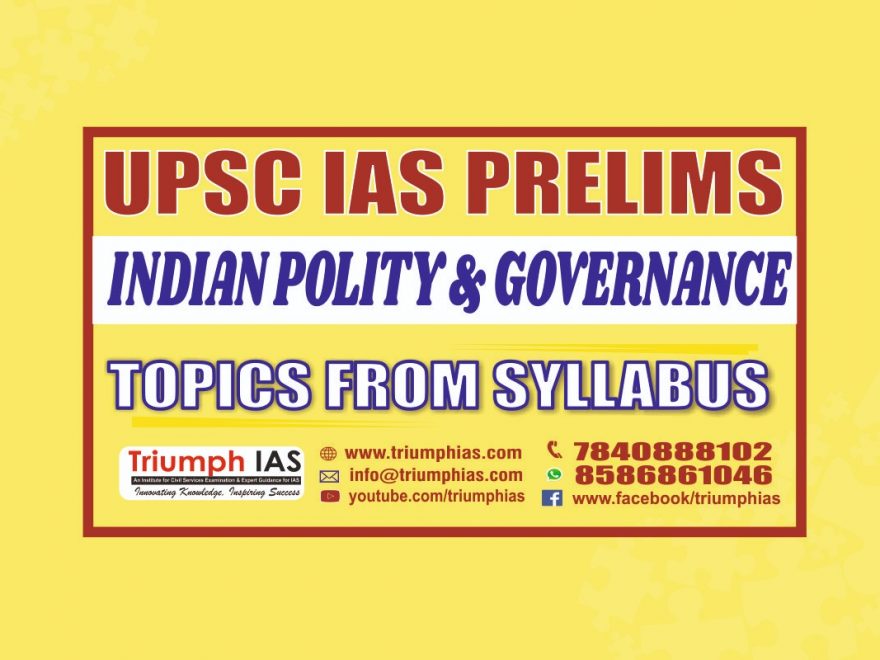Relevance: Prelims/Mains: Mains level: Welfare schemes for vulnerable sections of the population by the Centre and States and the performance of these schemes
Context:
• Rice and wheat stocks in government granaries stood at 73.85 million tonnes (mt) as on April 1, 3.5 times the normative operational-cum-strategic reserve requirement for this date.
• Two months later, with the procurement of the new wheat crop, these inventories rose further to an all-time-high of over 97 mt.
• Against this background, and on top of the widespread distress unleashed by the COVID-19, there is a strong moral as well as economic case for offloading the excess grain lying with the Food Corporation of India.
Pradhan Mantri Garib Kalyan Anna Yojana:
• That’s what is being done through the Pradhan Mantri Garib Kalyan Anna Yojana (PMGKAY).
• Under the scheme, over 80 crore people were being provided 5 kg of free grain per month during April-June.
• It has now been extended for another five months till November. In all, it would amount to some 32 mt being given free of cost.
• Considering that this grain is going largely to poor or low-income households — and they are also the worst-affected by the current economic dislocations — the moral argument is self-evident.
Economic Costs:
• As regards economics, it is true that the FCI incurs an average cost of Rs 37.27 on procuring, bagging, transporting, handling, storing and distributing every kg of rice, and Rs 26.84 for wheat.
• To the extent any grain is issued free of cost, there is an obvious economic loss.
• But these “economic cost” calculations do not factor in the buffer “carrying cost”, which is basically the interest and storage charges payable on the excess stocks held by the FCI.
• This carrying cost is estimated at Rs 5.40 per kg during 2020-21.
• On 32 mt, it will work out to Rs 17,280 crore. The more the excess grain that is offloaded, the more will be the savings on this count.
• From the FCI’s and the government’s subsidy standpoint, the issue price of grain should ideally be as close as possible to the economic cost.
• But that’s impossible, given the sheer quantum of excess stocks.
• PMGKAY, if anything, has provided an avenue for liquidation of this surplus rice and wheat.
Maintaining optimum level:
• There is no doubt that the FCI’s grain mountain has been the single most important reason for no significant incidence of starvation or food riots during the ongoing COVID pandemic.
• But that does not still justify the magnitude of procurement — 39 mt of wheat and 50 mt-plus of rice from the 2019-20 crop — being undertaken by government agencies.
• The FCI’s problem of plenty will, indeed, remain even if the PMGKAY is extended beyond November.
• The existing regime of open-ended minimum support price-based procurement for paddy and wheat is financially and environmentally unsustainable.
• The government should maintain sufficient stocks of all essential foodstuffs — including pulses, edible oil, sugar, and milk powder — to deal with contingencies.
• But that doesn’t require even 60 mt in FCI godowns.
Conclusion:
• Extension of PMGKAY is welcome amid continuing economic distress. But FCI’s problem of plenty remains.
For more such notes, Articles, News & Views Join our Telegram Channel.
Click the link below to see the details about the UPSC –Civils courses offered by Triumph IAS. https://triumphias.com/pages-all-courses.php
